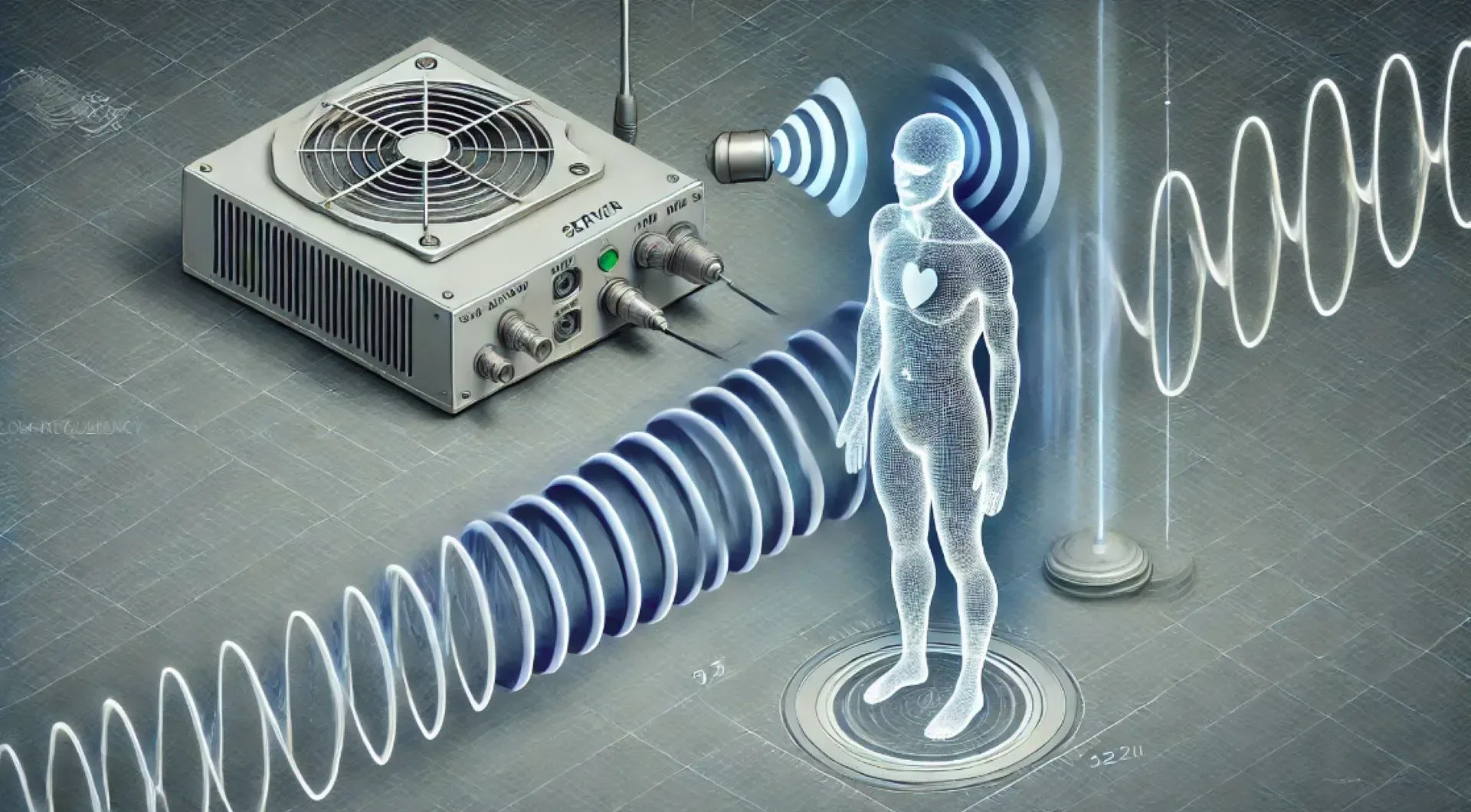AirPods - The Future of Brain Signal Tracking?

Introduction to AirPods' Brain Signal Tracking
Apple's latest innovation has sparked excitement and curiosity in the tech world. The company has filed a patent for a new AirPod design that incorporates bio-monitoring electrodes to measure electrical activity in the brain. This groundbreaking technology has the potential to revolutionize the way we monitor our health and wellness.
Revolutionizing Wearable Technology
This novel design could transition AirPods from simple headphones to wearable healthcare devices. By integrating bio-monitoring electrodes, AirPods can track brain signals, providing valuable insights into our mental and physical health. This technology can potentially detect various health conditions, such as seizures, anxiety, and depression, allowing for timely interventions and personalized care.
Unlocking New Possibilities
The implications of this technology are vast. With AirPods' brain signal tracking, users can:
- Monitor their mental state and receive alerts for stress and anxiety
- Track their brain activity during sleep, providing insights into sleep quality and duration
- Receive real-time feedback on their cognitive function, enabling personalized learning and productivity strategies
- Enhance their gaming and entertainment experiences with neural interfaces
The Future of Health Monitoring
Apple's innovative design has the potential to transform the way we approach health monitoring. By integrating brain signal tracking into a device as ubiquitous as AirPods, Apple can make healthcare more accessible, convenient, and user-friendly. As this technology continues to evolve, we can expect to see new applications and innovations that will revolutionize the healthcare industry.
Understanding Brain Signal Tracking
Brain signal tracking, also known as neural monitoring, is the process of measuring and interpreting the electrical signals produced by the brain. This technology has been used in medical settings for decades, but recent advancements have made it possible to track brain signals in real-time, using wearable devices like AirPods.
What Biosignals Can AirPods Measure?
The biosignals measured by AirPods could include:
- Electroencephalography (EEG): measures the electrical activity of the brain
- Electromyography (EMG): measures the electrical activity of muscles
- Electrooculography (EOG): measures the electrical activity of eye movements
- And more
What Can Brain Signal Tracking Monitor?
These signals can monitor:
- Brain activity: tracking thoughts, emotions, and cognitive functions
- Physiology: monitoring heart rate, blood pressure, and other bodily functions
- Health metrics: tracking sleep patterns, stress levels, and overall well-being
By monitoring these signals over time, AirPods can provide valuable insights into brain function, physiology, and health, enabling individuals to take proactive steps towards improving their overall well-being.
Potential Applications and Implications
Transforming Health Monitoring
AirPods could become a health monitoring device, tracking brain activity, sleep patterns, and meditation practices. This innovative technology could revolutionize the way we monitor our health, providing real-time insights into our brain function and overall well-being.
Revolutionizing Industries
This technology could have far-reaching implications, transforming the healthcare, fitness, and wellness industries. With access to accurate and personalized brain activity data, individuals could optimize their mental performance, reduce stress, and improve their overall quality of life.
Unlocking New Possibilities
The potential applications of brain signal tracking AirPods are vast, ranging from early detection of neurological disorders to personalized learning and development strategies. As this technology continues to evolve, we can expect to see new and exciting innovations that transform the way we live and interact with the world around us.
The Future of AirPods and Brain Signal Tracking
Recent developments suggest that Apple's AirPods may be on the cusp of a revolutionary transformation, poised to integrate cutting-edge health monitoring features. A patent filed by Apple hints at a future where AirPods can read brain waves and other biosignals, heralding a new era in healthcare and self-monitoring.
Apple's Patent: A Glimpse into the Future
The patent, which has garnered significant attention, outlines a system where AirPods can detect and interpret various biosignals, including brain activity, heart rate, and body temperature. This technology has the potential to seamlessly merge health monitoring with everyday music listening, making it an integral part of our daily lives.
Unlocking the Power of Brain Signal Tracking
The future of AirPods may hold the key to unlocking the secrets of brain signal tracking. By analyzing brain waves and other biosignals, AirPods could potentially:
- Detect early warning signs of neurological disorders, such as epilepsy or Parkinson's disease
- Monitor mental health and stress levels, providing personalized recommendations for relaxation and focus
- Enhance cognitive function and productivity by identifying optimal mental states
- Revolutionize the way we interact with our devices, using brain signals to control music playback, volume, and more
Transforming Healthcare and Self-Monitoring
The integration of brain signal tracking into AirPods could transform the healthcare landscape, enabling:
- Remote monitoring and diagnosis, reducing the need for hospital visits and invasive procedures
- Personalized medicine, tailored to an individual's unique brain activity and biosignals
- Proactive self-monitoring, empowering users to take control of their health and wellness
As Apple continues to push the boundaries of innovation, one thing is clear – the future of AirPods holds immense promise for revolutionizing the way we approach healthcare, self-monitoring, and our overall well-being.

















Comments ()